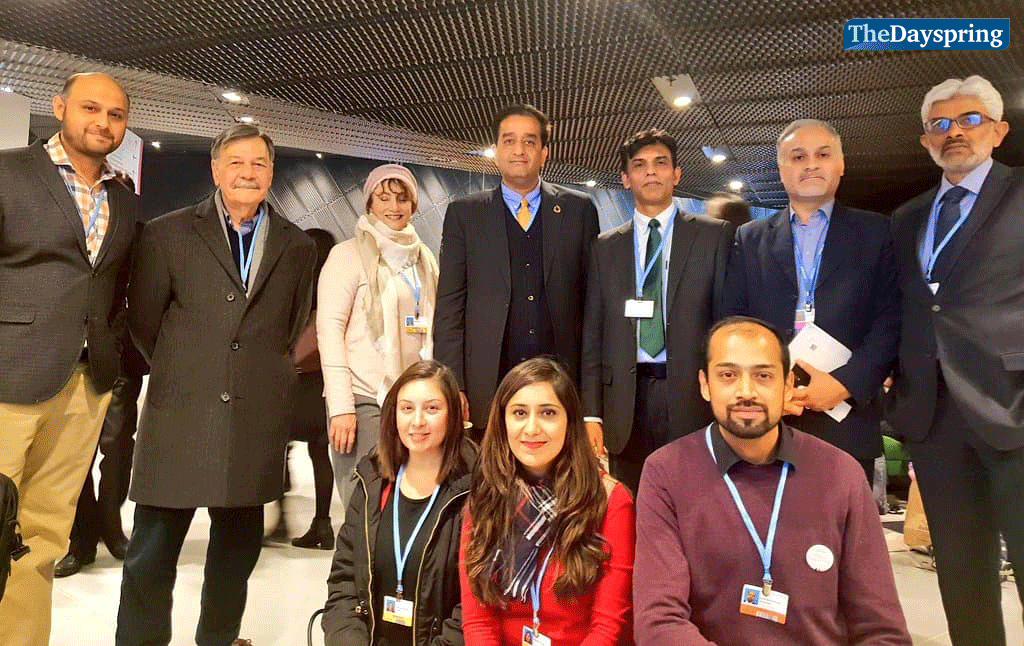ISLAMABAD: While Pakistan’s efforts acknowledged at COP24 for taking practical measures to tackle climate change, environmentalists around the globe are terming the conference a failed one. Pakistan has been elected as the Vice President and the Rapporteur of the Conference of Parties (COP) to UN Convention on Climate Change and member of five other climate change bodies.
Pakistan was one of the two countries elected to this position from Asia-Pacific Group.
The other bodies in which Pakistan secured seats include the Executive Board of Clean Development Mechanism (CDM), Standing Committee on Finance (SCF), Adaptation Committee (AC), Consultative Group of Experts (CGE), and Technology Executive Committee (TEC).
Pakistan’s election to these important bodies also reflects international community’s acknowledgment about its constructive engagement in tackling climate change.
Prime Minister’s Advisor on Climate Change Malik Amin Aslam led the Pakistani delegation at the conference. He was accompanied by Abid Qayyum Sulehri Executive Director of SDPI, Maryum Shabbir an
environmentalist working with SDPI and others.
Malik Amin termed the COP24 agreement as compromise and said that “the Katowice outcome has quite remarkably kept the Paris agreement alive and operationally on track with a compromise framework.
For developing countries like Pakistan the spirit of the Common But Differentiated Responsibilities principle has been retained, though very meekly, in the differentiation of the NDC reporting and the flexibility of its monitoring while the promise of long overdue climate finance still remains a pie in the sky.
The certainty of science and the stark reality of climate change, however, demands much more from climate politics than what this watered down compromise can potentially deliver”.
Developed countries disappoint developing nations
COP24 ended on a note of disappointment after being extended a day, with a watered down rule book to implement the Paris Agreement, leaving many decisions to further negotiations as time ran out.
Climate finance, which is needed to help developing countries tackle climate change challenges, was also missing as developed countries backtracked on their commitment to provide finance.
The Katowice decision was weak on ambition with no decision to raise ambition on cutting emissions in light of the Intergovernmental Panel on Climate Change’s 1.5 C report that says the world has essentially 12 years left to cut carbon emissions to limit global warming to 1.5 degrees and avert catastrophic climate change.
According to the official statement by the UN Secretary General, Antonio Guterres, “The approval of the Paris Agreement Work Programme is the basis for a transformative process which will require strengthened ambition from the international community. Science has clearly shown that we need enhanced ambition to defeat climate change. From now on, my 5 priorities will be: ambition, ambition, ambition, ambition and ambition. Ambition in mitigation.
Ambition in adaptation. Ambition in finance. Ambition in technical cooperation and capacity building. Ambition in technological innovation”. Bilal Anwar, a long time negotiator from Pakistan representing the Commonwealth at COP24, the “compromise is barely providing the action framework for the Paris Agreement but not necessarily what science compellingly demanded.
